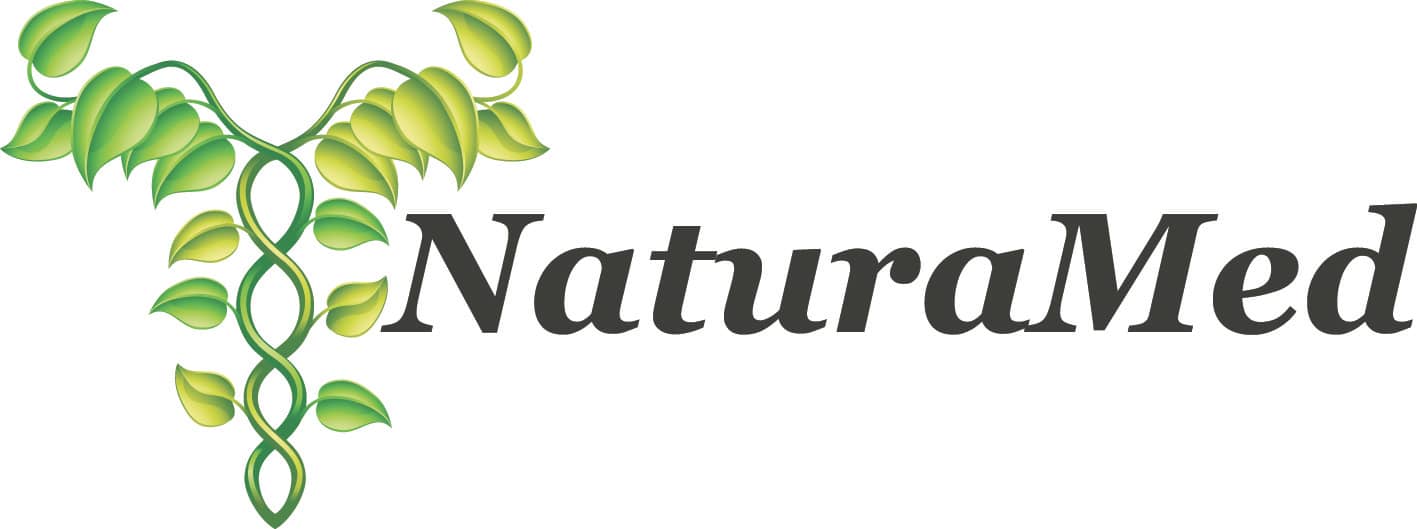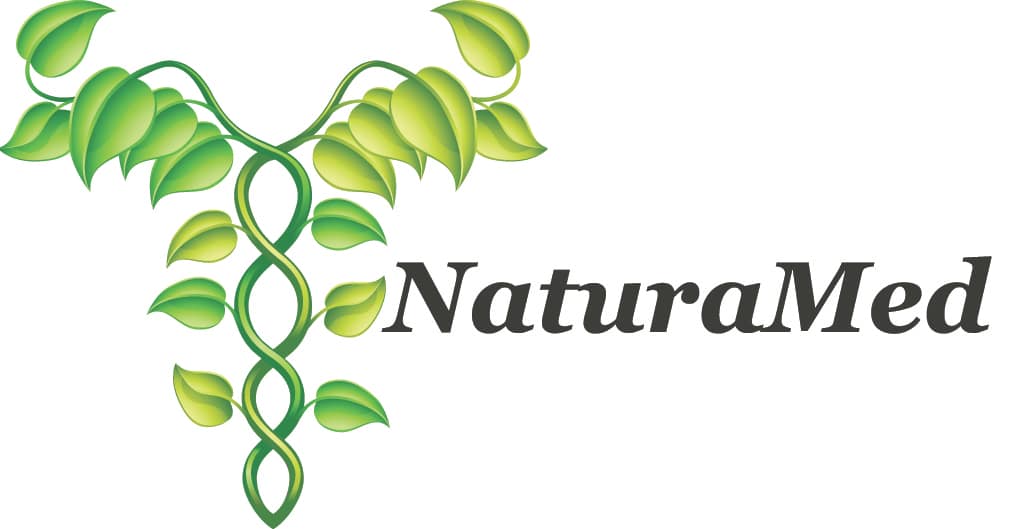Concentration or Attention Deficit Disorder
Do you or your child have Concentration or Attention Deficit Disorder (ADD) and have difficulty concentrating, learning new subjects, fidgeting, feeling depressed or anxious? We offer a natural, holistic approach that adapts to your type of ADD/ADHD in conjunction with gut health.

The different learning disabilities
Learning disabilities can take many forms, and can be accompanied by symptoms such as hyperactivity, anxiety and depression. These disorders can affect a person’s ability to learn and function effectively in a school or work environment. In this article, we will explore the different types of learning disabilities, including those with and without hyperactivity, with anxiety and with depression, and provide universally accessible information on how to understand and manage them. Learning disabilities can also be caused by vision, hearing or speech problems (optometrists, audiologists and speech therapists). It may be linked to dysorthographia (French), dyscalculia (math) or dyspraxia (movement coordination), and thus require consultation to be properly assessed and monitored by an appropriate professional such as a speech therapist or orthopedagogue.
Learning disorders without hyperactivity
Learning disabilities without hyperactivity are conditions that affect a person’s ability to learn effectively. These disorders can include specific difficulties in areas such as reading, writing, mathematics or motor coordination. People with learning disabilities without hyperactivity can experience unique challenges when it comes to acquiring and applying academic skills. It’s important to recognize these disorders and put in place coping and support strategies to help individuals overcome these difficulties and succeed in their educational journey.
Learning disabilities with hyperactivity
Learning disorders with hyperactivity, such as Attention Deficit Hyperactivity Disorder (ADHD), are characterized by symptoms such as hyperactivity, impulsivity and difficulty concentrating. People with ADHD may have difficulty concentrating on tasks, sitting quietly and controlling their impulses.
Managing ADHD often involves a combination of educational strategies and psychosocial support. Establishing regular routines, adopting time management and organizational techniques, and using teaching methods tailored to individual needs can all be helpful. Emotional behavior therapy and neurofeedback can also be used in some cases, under the supervision of a healthcare professional.
Anxiety-related learning disorders
Learning disorders with anxiety states are characterized by learning difficulties that are exacerbated by symptoms of anxiety. People with these disorders may experience excessive anxiety, constant worry, difficulty concentrating and avoidance of stressful situations.
To manage learning disabilities with anxiety, it’s important to implement effective coping strategies. These may include seeking therapeutic support to develop anxiety management skills, learning relaxation techniques, creating a supportive learning environment and communicating openly with teachers and educational professionals. Schedule modifications, stress management techniques and the use of visual aids can also be beneficial.
Learning disabilities with depression
Learning disabilities with depression are characterized by learning difficulties associated with depressive symptoms such as persistent sadness, loss of interest in activities, fatigue and sleep disturbances. Depression can affect motivation, concentration and self-esteem, which can have a significant impact on learning ability.
Managing learning disabilities with depression often involves a multidisciplinary approach. It is important to seek therapeutic support to treat the underlying depression, using therapies such as psychotherapy and EFT. Establishing a regular sleep routine, adopting a balanced diet and getting regular exercise can also be beneficial in supporting emotional well-being and learning.
It is essential to recognize that each person is unique and may present a combination of symptoms and specific needs. It is therefore advisable to consult a healthcare professional, such as a psychologist or neuroscience doctor for an accurate diagnosis and personalized recommendations for managing learning disabilities.
In conclusion
Learning disabilities can be accompanied by symptoms such as hyperactivity, anxiety and depression, which can make learning more difficult for some people. It’s important to understand these disorders and implement appropriate management strategies. Support from healthcare professionals, teachers and family and friends is essential to create an inclusive environment and enable each individual to develop his or her full learning potential. With the right resources and support, it’s possible to overcome obstacles and succeed in the learning process.
Start taking charge of your health

Naturopath, homeopath, massage therapist (retired!), stress coach and practical kinesiology
Consultations / Conferences / Workshops
Jean-Pierre Deschênes, n.d., h.d., mt.d, coach stress, pract.kin.

Empowerment on your health, with mindfulness
